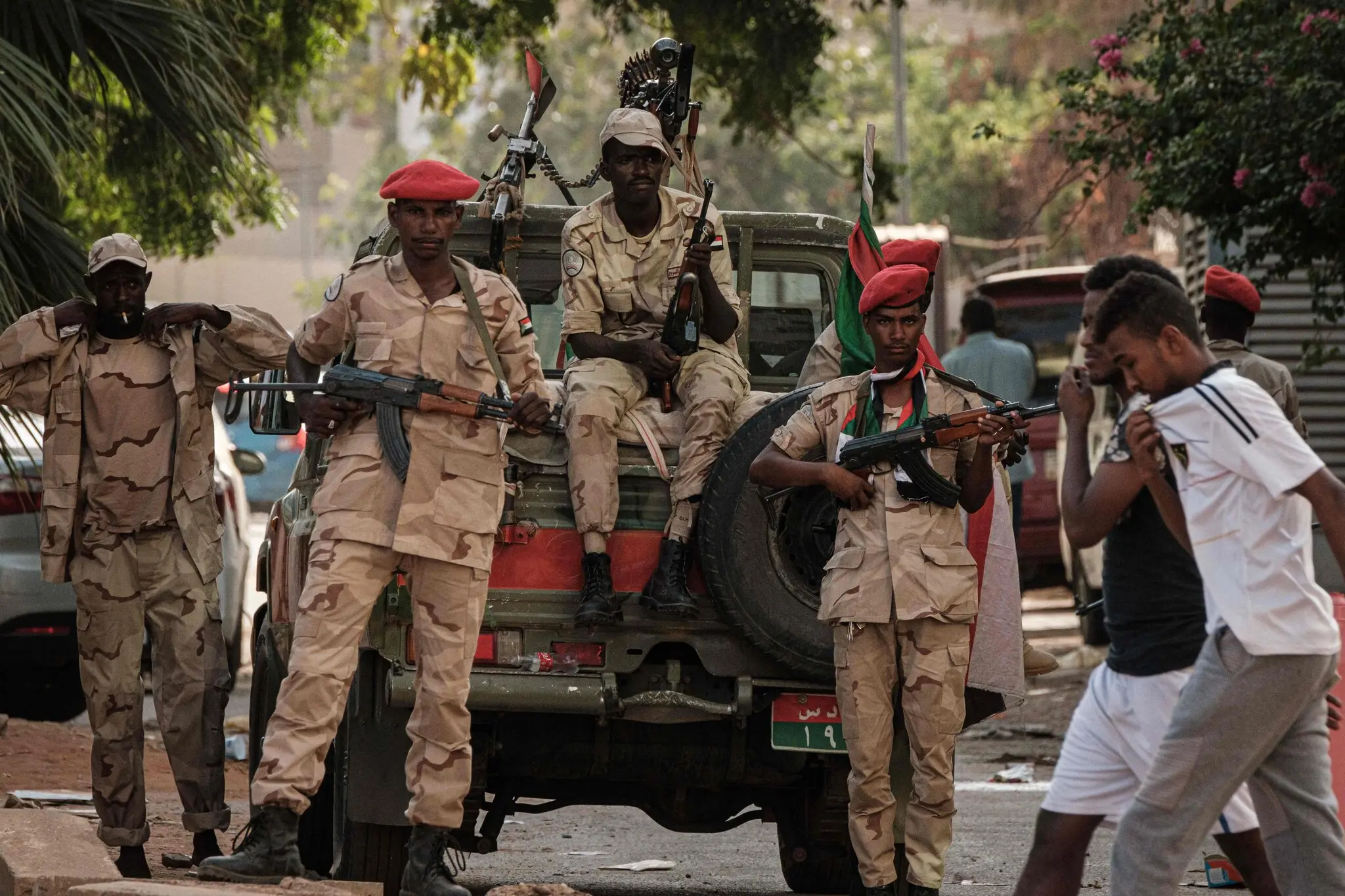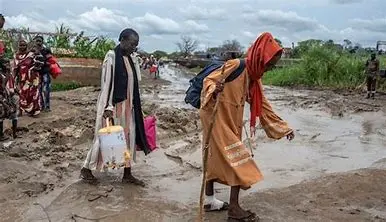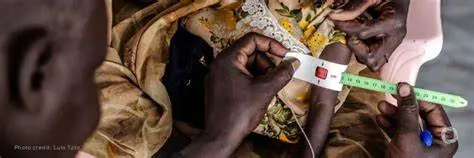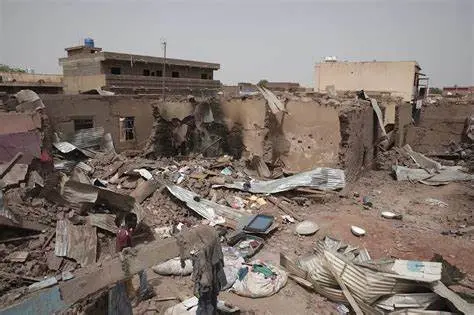Central America
The Indigenous Struggle
By: Lorena Magana
Indigenous and rural communities in Central America are facing an ongoing struggle for land rights. This conflict has been notable in Guatemala’s Polochic Valley, where the Q’eqchi Maya communities have been fighting a long battle to reclaim ancestral lands.
These communities have diminished their concerns. Their territories have been used for large-scale agricultural projects, such as sugarcane and African palm plantations. In 2011, over 700 families were evicted from Polochic Valley to make space for plantations, leading to rights concerns from humans. The Guatemalan government has addressed the issues, but many families remain landless.
The effects of these evictions have had a serious impact: loss of livelihood, food insecurity, and increased poverty. There have been efforts made by organizations, such as the United Farm Workers Committee (CUC) that have been advocating for these communities. While there have been some efforts, activists and legal defenders face problems with land rights. For example, in 2024, lawyer Jose Domingo represented farm workers and indigenous groups in their fight for their land, but was tragically killed in an ambush.
This situation in the Polochic Valley shows the challenges these people are facing in Guatemala and how hard it is to fight for them. This problem is further complicated by the systemic issues in Guatemala's land registry system. There are errors in land titles and ownership claims, made by the government, that make the indigenous groups prone to disputes over land ownership.
Addressing these issues requires more than just the indigenous groups; it requires comprehensive land reforms and legal recognition of indigenous territories. Attention and support are needed to ensure that these communities' rights are upheld.
Middle East
After the takeover, Syrians rushed to prisons like the Sednaya Prison, called the “Human Slaughterhouse” for its dire conditions, to free their relatives. Images circulating on social media show family members happily reuniting, while others grieved over family they found brutally murdered. Rape victims and their children, tortured men and women were finally freed from the horrific conditions they were forced to live under.
In 1970, Hafez Al-Assad took over through a military coup, beginning this corrupt reign. He ran an authoritarian government where people were silenced for speaking out against his rule. His policies were upheld by a strict police presence across the country to control Syrians. The Hama Massacre in 1982 was a testament to their tight rule. As a response to a revolt from the Muslim Brotherhood, the city of Hama was sequestered from the rest of the world as it was raided and brutally bombarded.
After Hafez’s death, his son Bashar Al-Assad took over Syria and took after his oppressive ruling style. During his reign, the Syrian Civil War took place in 2011 as Arab Spring protests were taking over the
Middle East. Similarly to the Hama Massacre, these protests were brutally crushed echoing the pattern in the suppression of free speech in Syria.
The Assad rule as a whole has led to great levels of imprisonment, death, destruction, and displacement for Syrians. While questions about the future of Syria remain in the air in regards to their vulnerability to Israel, their lack of stable government, and their need to rebuild their country, the expulsion of Bashar Al-Assad from the country is something that many are celebrating. Amongst the tumultuous political activity in the Middle East, the freeing of Syria from Assad rule is bringing hope to many for a freer future for the Middle East.
Northeast Africa
The Starvation of a Nation
By: Samya Sehwail
As 2024 draws to a close, Sudan remains in the grips of a catastrophic humanitarian crisis, the result of an ongoing civil war between the Sudanese Armed Forces (SAF) and the Rapid Support Forces (RSF). What began as localized suffering in Darfur in August 2023 has spread to five regions, worsening the food insecurity and displacing millions of civilians. While the fighting may appear to be an internal conflict, its impact is global, with fractured international alliances playing a critical role in both prolonging the violence and hindering the humanitarian response.
The situation has grown even more dire, with famine now gripping multiple regions, including Zamzam camp, where starvation is widespread. Conditions in these areas are described as IPC5 (Integrated Phase Classification 5) - the highest level of food insecurity. Children are dying from malnutrition, and resorting to eating peanut shells and animal fodder. Experts warn that the number of people affected by famine could double within the next six months, with at least 500,000 people already suffering. Over 340,000 Sudanese civilians have fled to Al Jazira, but aid has been slow to arrive, and it is insufficient to meet the scale of the crisis. In November alone, 17,500 tonnes of food reached just 1.5 million people, leaving millions more without support.
Both the SAF and the RSF have been accused of blocking humanitarian aid, worsening the suffering. The RSF, which controls much of Darfur, has been linked to ethnic violence and atrocities, including reports of slavery, sexual violence, rape, forced marriage, human trafficking, and attacks on Sudan's most vulnerable populations. These abuses have drawn international condemnation, but geopolitical divisions have hindered a UN response. On November 18th Russia vetoed a key Security Council humanitarian resolution that would aid the civilians suffering, citing it would undermine Sudan’s sovereignty. The West has criticized Russia’s stance, arguing that it enabled the RSF’s unchecked brutality. Meanwhile, Western powers and other foreign powers, including Iran, have played key roles in either fueling or ignoring the conflict, leaving the innocent to suffer under a fatal power strife.
The Sudanese government, which has effectively lost control over much of the country, has been accused of denying the severity of the famine and its humanitarian toll. It has withdrawn from the Integrated Food Security Phase (IPC) system, further obstructing the international community's response. The government's refusal to acknowledge the crisis has led to widespread skepticism about its authority, raising the question of whether it can or will protect its people. As foreign powers deliberate the fate of Sudan, it is Sudanese civilians who are left to suffer the consequences.
International aid organizations, including the World Food Programme, have been struggling to deliver assistance in the face of logistical and political obstacles. Tom Fletcher, the UN’s Humanitarian Coordinator for Sudan, has called for expanded humanitarian crossings and supply hubs, but these efforts have been insufficient to address the scale of the crisis. The situation is compounded by the blocking of aid shipments and the destruction of vital infrastructure by both warring factions. In Darfur, where famine conditions are most severe, the RSF’s control over key areas has made it nearly impossible for aid to reach those who need it most.

As the violence continues to escalate, with both the SAF and the RSF unwilling to negotiate for peace, questions of Sudan’s survival are proposed. Whichever side wins, what land and people will it inherit? What is the reward of tragedy?
The parallels between Sudan’s crisis and other global conflicts, such as the devastation in Gaza, are striking. Both crises have been exacerbated by internal conflict, ethnic violence, and external geopolitical interests. The world has largely turned a blind eye to Sudan, even as the country further suffocates under its struggles. It is time for the international community to take responsibility for the human toll of these ongoing conflicts and ensure that aid reaches those who need it most.
As 2025 approaches, the world must shift its focus to Sudan’s humanitarian disaster. The future of millions of Sudanese civilians hangs in the balance, and we, as members of the same human race, must act. Whether that be in legislation or pressure on those who can enact such measures. We do not have to speak the same language to feel the same pain. To have the same hope. To have the same demand for justice.


